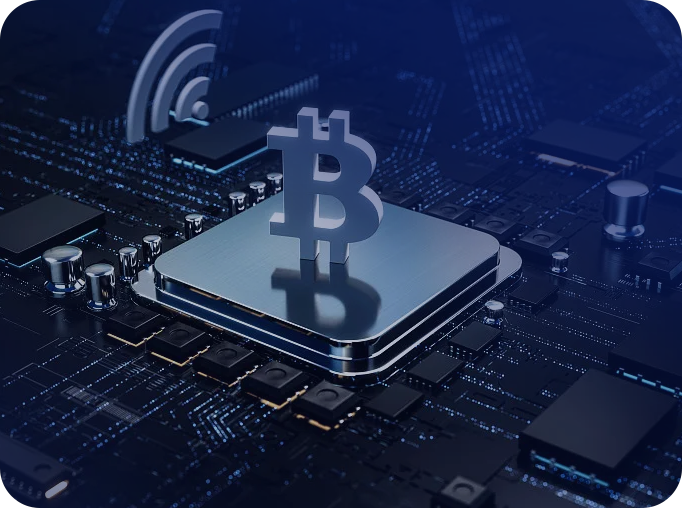What is mining
In the cryptocurrency space, "mining" refers to the process of solving complex mathematical problems through computing devices to validate transactions and maintain blockchain networks while earning cryptocurrency rewards. The details are as follows:
Principle: Mining is primarily based on the Proof-of-Work (PoW) mechanism. The blockchain network sets up a mathematical puzzle where miners use computing equipment to calculate the hash value of a block by constantly adjusting random numbers. Only when the calculated hash value meets certain conditions can the problem be successfully solved and the block's accounting rights can be obtained.
Process: First, miners collect unconfirmed transactions from the network and package them into a block. Then perform a hash calculation, and if a suitable hash value is found, a new block can be successfully mined. Then, successful miners broadcast the new block to the entire network, and other nodes verify the validity of the block. Finally, miners receive new cryptocurrency rewards and transaction fees.
Purpose: First, to verify transactions, ensure that all transactions are legitimate, and prevent double spending; second, to maintain the security of the blockchain, through competition for accounting rights, to make it difficult for attackers to tamper with transaction records; The third is to issue new coins, and for cryptocurrencies such as Bitcoin, mining is the only way to increase issuance.

